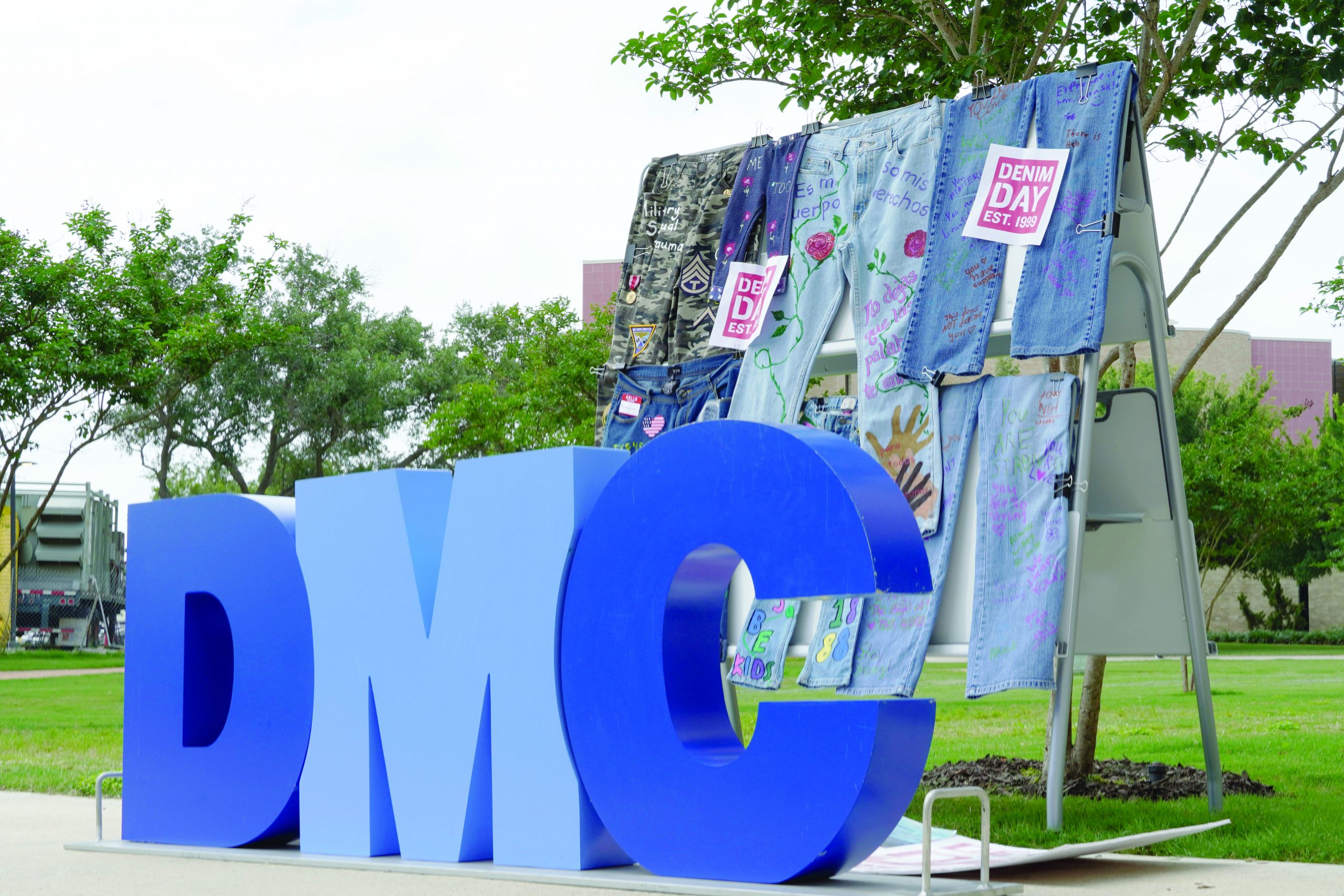Jackie DeLaTorre / Staff Writer
Food Stamps, or rather the Supplemental Nutrition Assistance Program (SNAP), as renamed by the Bush Administration in 2009, has recently taken a turn down the road against obesity. If this is the case though, the question then becomes does this give the government too much power?
Today, SNAP recipients in Texas can go to any grocer in the state and pick up high sugar/fatty foods—even candy and soda—if they so choose; and as of Nov. 2010, nearly four million Texans received an average of $133.80 per person each month, according the New York Times and CNN.com. With the recent rise in obesity rates, as confirmed in July 2011 by the Centers for Disease Control and Prevention (CDC), however, concerns are being raised that widespread SNAP benefits could be a contributing factor.
Maximillian Schmeiser, and economist with the Board of Governors of the Federal Reserve System reports in the journal, Economics and Human Biology in 2009 that SNAP recipients may gain as much as 1.6 BMI points each year they are in the program.
The Women Infants and Children (WIC) program, another government funded food source, has already turned towards a more nutritious pathway. Participants in the WIC program are now allowed to buy some fruits and groceries with their cards, along with program mandated standard—whole wheat bread and skim milk.
Sarah Hanson, a DMC radiology major says, “I do think it is smart to limit junk food considering its paid with our tax dollars and obesity is affecting us all and our economy.” Those economic effects are present, but certainly aren’t negative, however. Food bought at any location by SNAP participants is actually stimulating our economy. In 2011, Secretary of Agriculture, Tom Vilsack said, “Every dollar of SNAP benefits generates $1.84 in the economy in terms of economic activity.”
Lindsey Ramos, DMC English major has a different opinion on the subject, “The government should not make people buy only certain kinds of foods. Food is food, and if we give the government that power then what else can they do next, ‘cause even the people using it pay taxes. Where is their say-so?”
In states like Florida, there are already restrictions. The ACCESS Florida Food Program only permits households to use their benefits to buy cereal, fruit, vegetables, meats, fish, poultry, and dairy products. They can also buy plant seeds to grow food themselves.
Kansas has taken a slightly different approach; instead of denying certain foods, they hold workshops on nutrition and preparing healthier meals with their government benefits.
Diana, who preferred not to give her last name, is a secretary at the Robstown Human Services Department. She says that, “As of now there is no talk of having standards on the foods that can be bought, and I seriously don’t see that coming in the near future. People have to remember many nutritious cooked foods need a stove and many people don’t have one.”
As of now, Texas SNAP recipients have the freedom to choose whatever foods they’d like, but with the rising obesity rates across the country, a revised program may very well be in our future.




